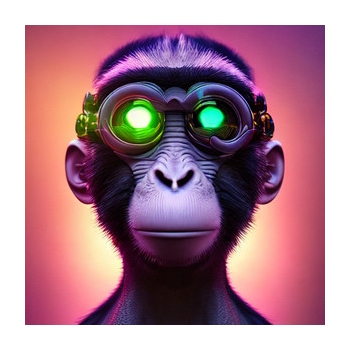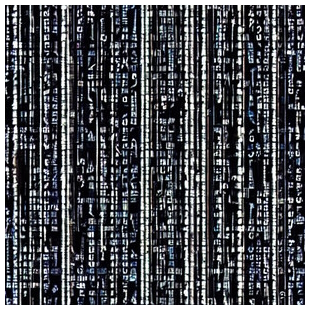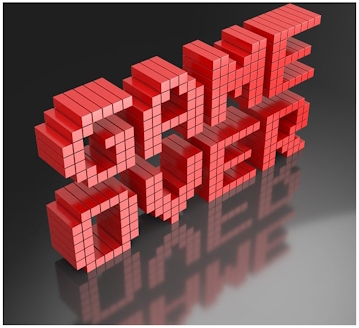
Even as we paint on society’s canvas, society paints on our individual canvases, and in this modern world of the Internet, social media and games, there’s a lot of paint being thrown around. Our world changes us, we change our world.
It’s not all as pretty as staged videos on Instagram, TikTok and Facebook reels, where ‘influencers’ do their best to find attractive red dots for people to chase. It’s in their interest. Before the Internet, it was broadcast media, but now with social media there is an increasingly large illusion of being able to interact when we might just be interacting with some algorithms attached to a dictionary.
Algorithms, though, carry dangers.
The video outlines some of what has been happening that isn’t good.
Algorithms, though, are important and can be used for good. We don’t see that as much as we should, largely because the wide swath of algorithms seem to be at the least questionable in whether they are good or not. That questionability comes from what we all want to see from the world and what cost we wish to pay for it – or, in the case of Internet trolls, the cost which we wish to have others pay for the world they want to see. I have more to write about trolls, but not yet.

What do we want? Before we figure out who we are, we seem to be told who we need to be. We mimic behaviors as children, and we grow within the framework supplied by our environments – rewards and punishments are set. We begin playing the game. In an environment, or, subjectively, an anti-environment.
Life In the Anti-Environment: Learning How To Play is an interesting paper by Adam Pugen in this regard – you can find the PDF of the paper here. It’s focused on video games, yet much of what is in there could apply to social media since the world is increasingly contrived and served through flat screens. This contrivance has been noted and mocked by more than one person. This German artist is a wonderful example, mocking instagram photos.

In any game, there are things that are possible and things that are less possible. One of the more common real world games, a lottery will sell us on the fact that there is a possibility to win despite there being a extremely low probability. The lottery has the distinction of being forced to be honest about the odds, but I have yet to see that honesty in the advertising for a lottery. What do you spend, what do you get? Most people see spending a few dollars every week over the course of their lifetime a worthwhile risk – otherwise there would be no lottery.
The game environment is simply defined. Enter the world of multiplayer games, which connect people through the internet and allow them to interact within certain guidelines. People, of course, find the loopholes and some enjoy the anonymous trolling aspect since they are faceless names and avatars. Others try to play the game by plodding through, others pay to get ahead, all depending on the game and how it is set up. If that doesn’t sound like a metaphor for modern social media, I don’t know what is.

All around the world, people are playing the social media game. How one ‘wins’ is dependent on how one views success, just like everyone else, but since social media is attached to real life more closely than other games there is the financial aspect that is quite real for the majority of the planet. How one loses, implicitly, is by not winning.
Now that we have large language models and the promises of artificial intelligence making things so much better, the game is more complicated.
If money is how we measure success, there are billions of people losing. We could change how we could measure success, or we could change the odds. Right now, the odds seem to be going the wrong way. There has to be some middle ground between tossing out participation trophies and a few winners taking all.
Ideas?